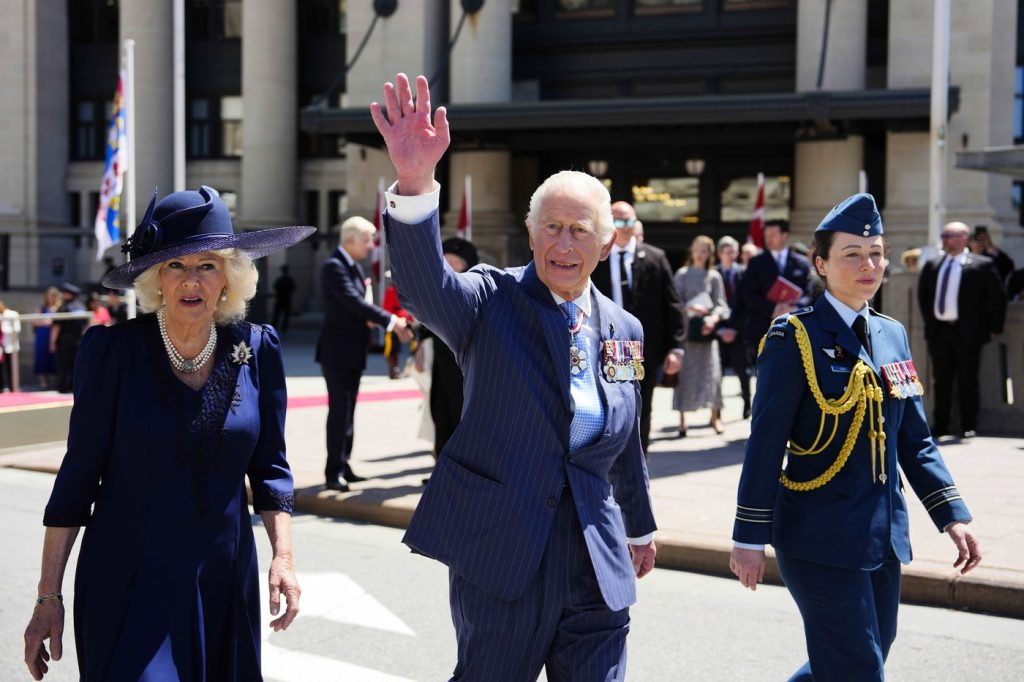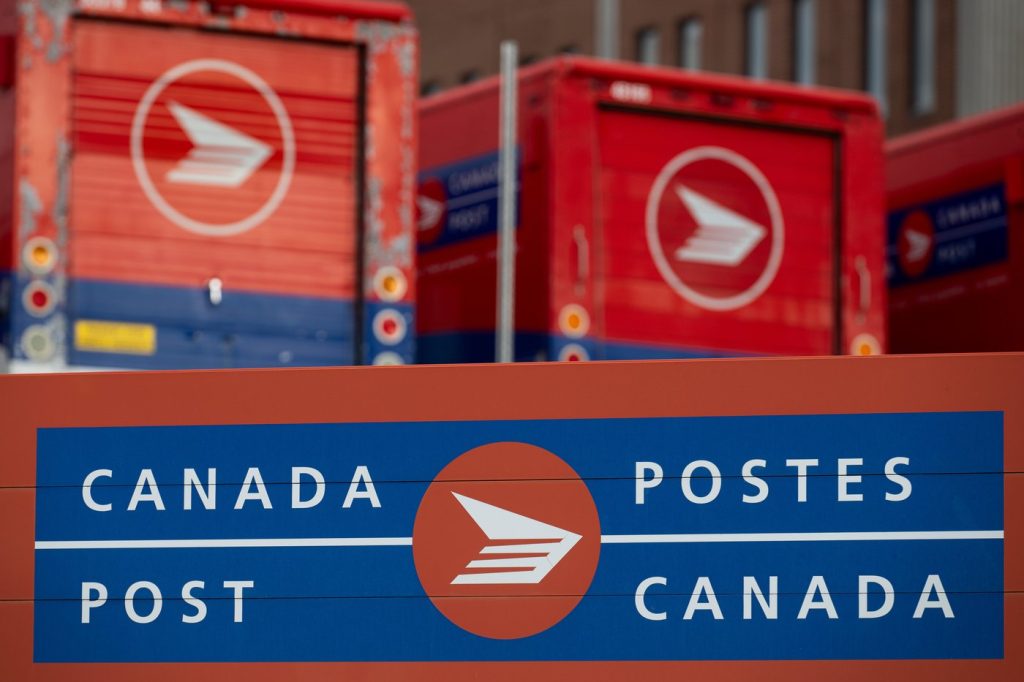OTTAWA – Prime Minister Mark Carney's invitation to King Charles for a visit to Ottawa has been analyzed by foreign policy experts as a deliberate message to U.S. President Donald Trump. They suggest that the royal visit aimed to reaffirm Canada’s sovereignty and distinct political culture at a time when Trump's trade policies and remarks about Canada's potential annexation have sparked concern.
Roy Norton, a fellow at the Balsillie School of International Affairs, expressed skepticism about the trip’s motivations, questioning whether Carney would have extended the invitation if British Prime Minister Keir Starmer hadn’t recently invited Trump for a second state visit to the United Kingdom. Norton noted that the royal invitation was formally extended by King Charles on Starmer’s advice, adding another layer of complexity to Carney's intentions.
Carney conveyed to Britain’s SkyNews earlier this month that Canadians were “not impressed” by Trump’s invitation from the UK, which, he believed, warranted a counter-message from Canada. Norton argued that while Trump was a significant audience, the visit also served to remind King Charles of his responsibilities to Canada, a sentiment echoed in the throne speech delivered during the visit that underscored Canadian sovereignty.
Although the King was greeted by enthusiastic crowds during his visit, many Canadians were left wanting more direct opposition to Trump's annexation rhetoric, especially following Trump's subsequent social media comments calling for Canada to join the U.S. as its 51st state. In his post, Trump suggested that Canada could avoid high costs related to defense systems by becoming part of the United States, which further aggravated Canadian public sentiment.
Fen Hampson, a Carleton University professor specializing in Canada-U.S. relations, echoed the view that the royal visit was fundamentally about sending a message to Trump. However, he expressed doubts about whether the president would be swayed by such efforts, stating, "the president remains immune to messaging or persuasion of any kind." Hampson emphasized the need for extraordinary measures to convey that Canada is “not for sale,” emphasizing the unifying effect of the ongoing threat posed by Trump rather than the royal visit itself.
This royal address marked only the third time that a sitting monarch has delivered the throne speech in Canada, with previous instances occurring in 1957 and 1977 with Queen Elizabeth II. A Liberal government official provided background insight, indicating that the primary goal of the royal visit was to help Canadians reconnect with their cultural and political roots amid growing concerns about Canada's sovereignty.
Daniel Béland, director of the McGill Institute for the Study of Canada, remarked that the visit served not only to highlight Canada's unique political institutions but also to enhance the country’s public relations on the world stage. He noted the visit garnered significant international attention, reinforcing the notion of Canada’s independence and distinct identity.
When asked about the potential impact of the throne speech on negotiations with the Trump administration, Conservative Leader Pierre Poilievre expressed uncertainty regarding what influences the president. Nonetheless, he stressed the importance of international recognition of Canada’s longstanding traditions and its status as an independent nation capable of making its own decisions.
In conclusion, the royal visit by King Charles to Ottawa has become a pivotal moment for Canada, heralding a message of sovereignty and national identity in light of the ongoing tensions with U.S. President Donald Trump. The implications of this visit may have broader consequences for Canadian political dynamics amidst the challenges posed by its neighbor to the south.












